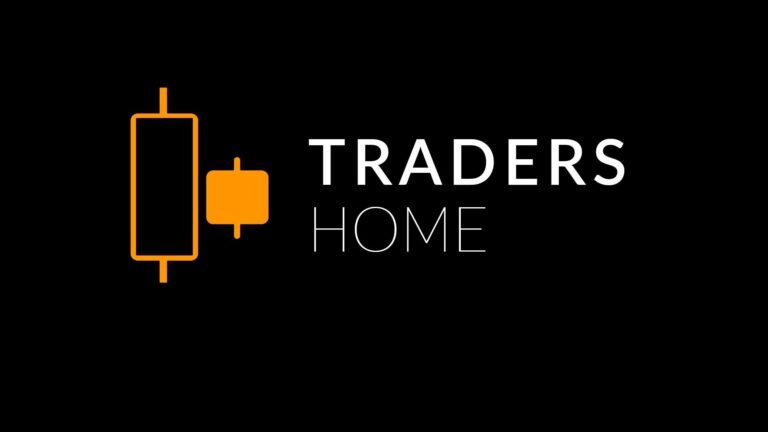Table of Contents
Introduction to TradersHome
This comprehensive TradersHome review aims to uncover the truth about this broker’s operations, addressing growing concerns about a potential TradersHome scam. TradersHome claims to provide trading in Forex, cryptocurrencies, commodities, and indices, but these claims come with minimal transparency about its ownership and regulatory standing.
For those who have already lost money to this broker, or those suspiciously eyeing its offers before investing, the pressing question remains: is TradersHome a scam or a trustworthy trading platform? This TradersHome review exposes the critical warning signs that every trader needs to know.
TradersHome: Regulation & Legal Status
Regulation is the primary safeguard for traders, yet TradersHome falls short. The broker is registered offshore, avoiding the stringent oversight of reputable regulators like the FCA (UK), ASIC (Australia), or CySEC (Cyprus). This absence of regulatory backing means that clients are left without essential protections, such as dispute resolution mechanisms or compensation schemes in case of broker insolvency.
Many scam brokers use misleading references to top-tier regulators, creating a false sense of security. TradersHome appears to employ similar tactics, raising serious concerns about its legitimacy. If you’re unsure how to evaluate brokers like this, learn how to spot a scam broker before it’s too late. The lack of proper oversight leaves traders questioning whether TradersHome is a scam.
Trading Conditions & Platform Analysis of TradersHome
TradersHome offers several account types, but details about minimum deposits, spreads, and commissions are either vague or inconsistent across their website. The broker advertises high leverage (reportedly up to 1:500), which increases both profit potential and the risk of significant losses — a tactic often used by unregulated platforms to attract unsuspecting traders.
There is no clear indication that TradersHome uses reputable trading platforms like MetaTrader 4 or MetaTrader 5. Instead, they seem to rely on a proprietary platform, raising questions about execution transparency and trade manipulation. Additionally, the broker does not disclose information about its liquidity providers or execution model (STP/ECN), which is a key transparency factor for any legitimate broker.
Before opening any account, it’s vital to know what to check before signing up with a trading platform. These uncertainties make it harder to dismiss the suspicion that TradersHome might be a fraud.
Reputation & User Reviews About TradersHome
A review of public feedback shows a troubling pattern. Multiple users report difficulties withdrawing funds, unresponsive customer service, and aggressive sales tactics. Positive testimonials often appear generic or unverifiable, leading to speculation that they may be fabricated.
Data from platforms like Trustpilot should be approached with caution, as many reviews could be fake. SimilarWeb traffic analysis suggests low site engagement, which typically indicates limited user trust and possibly short-term broker operations.
How to Test Whether TradersHome Is a Scam
To determine if a broker like TradersHome is legitimate, follow these steps:
- Check regulation: Verify licenses with official bodies such as the FCA, ASIC, or CySEC. Absence or vague claims are major red flags.
- Look for red flags: Review withdrawal policies, as restrictions or crypto-only payments often signal fraudulent practices.
- Research reviews: Compare user experiences on independent forums like Forex Peace Army and consider both positive and negative feedback.
- Inspect the platform: Poorly designed, non-standard platforms may indicate manipulation risks.
- Watch for false promises: Avoid brokers that guarantee risk-free profits — a hallmark of scams.
- Use demo accounts: Legitimate brokers usually offer demo accounts for risk-free practice without deposits.
Final Verdict & Alternatives
After reviewing its regulation, platform transparency, and user feedback, it’s clear that TradersHome poses significant risks to traders. The combination of offshore registration, vague trading conditions, and troubling user complaints make this broker highly questionable.
To trade safely, consider reputable alternatives like IG, Pepperstone, or OANDA — all regulated by top-tier authorities and known for transparent operations. Remember, choosing a licensed broker is the best way to protect your investments and ensure a fair trading environment.


